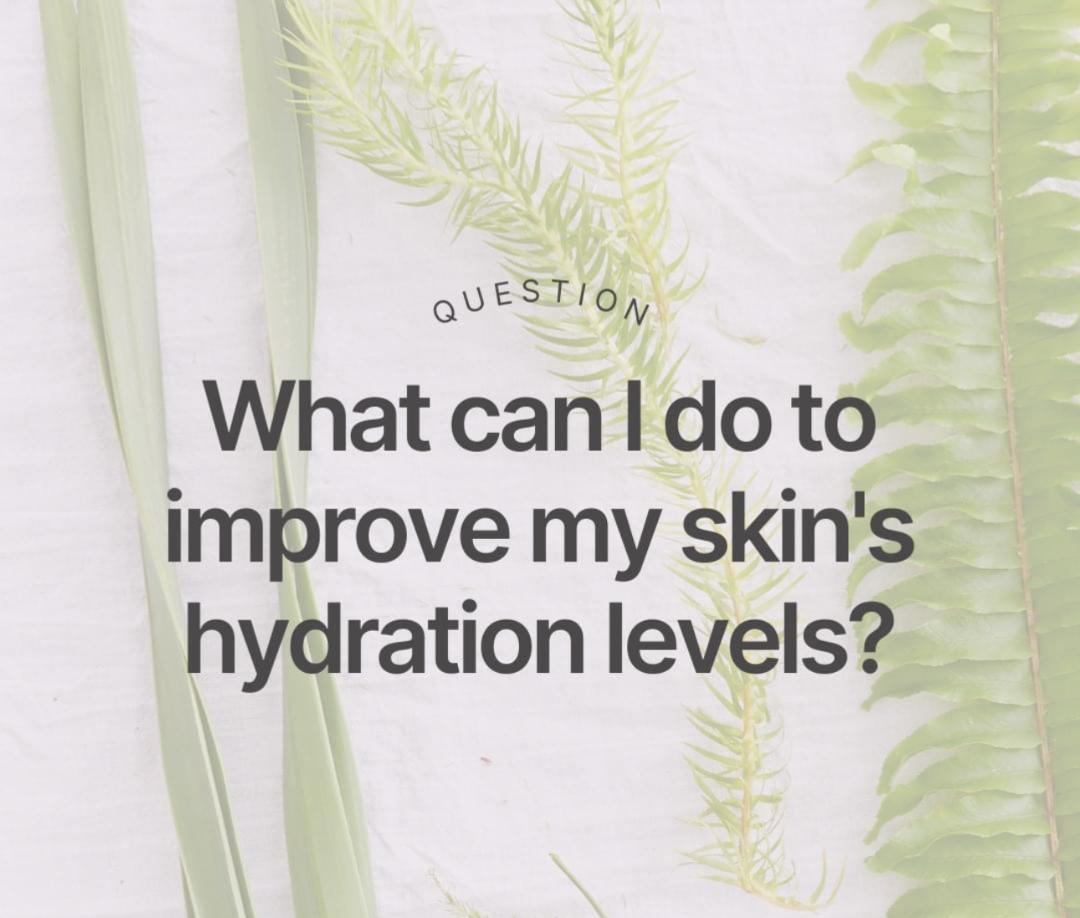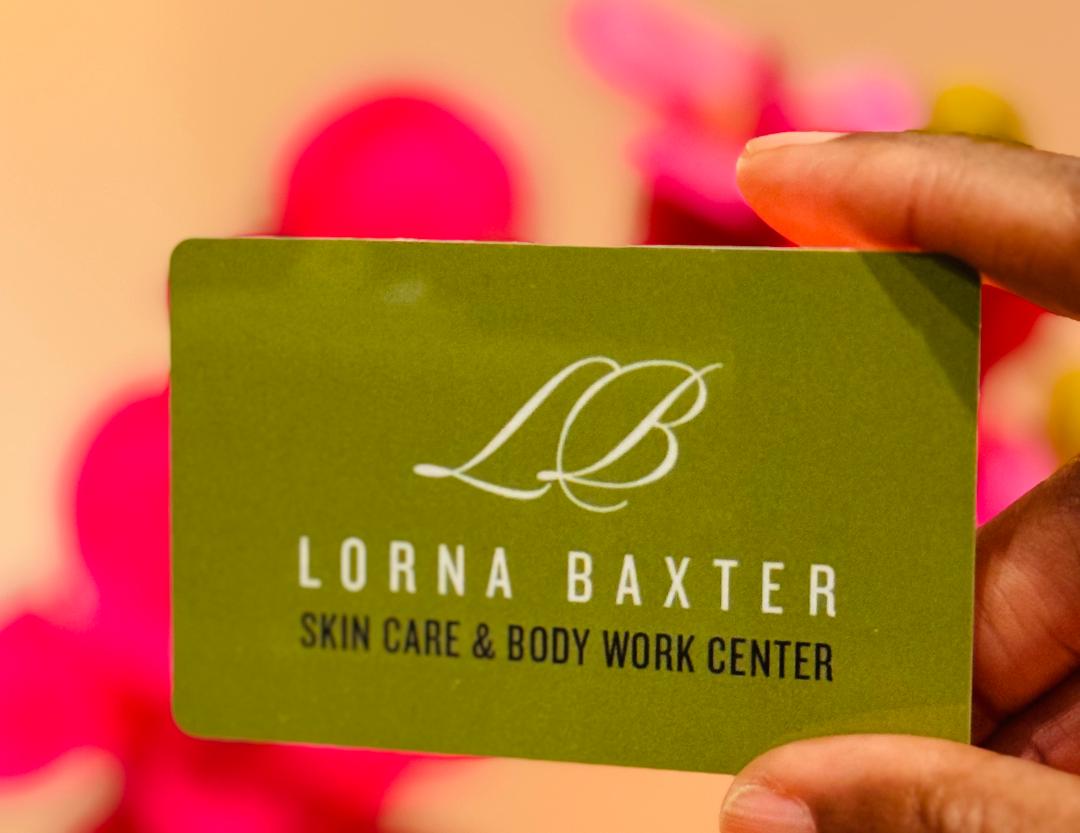
What Can I Do To Improve My Skin's Hydration Levels
Improving your skin's hydration levels is essential for maintaining healthy, supple, and radiant skin. Here are some tips to help boost hydration and keep your skin moisturized:
Drink Plenty of Water: Hydrating your body from the inside out is key to maintaining optimal skin hydration. Aim to drink at least 8 glasses of water a day, and more if you're physically active or live in a dry climate.
Use a Humidifier: If you live in a dry environment, consider using a humidifier in your home or office to add moisture to the air. This can help prevent moisture loss from your skin, especially during the winter months when indoor heating can dry out the air.
Choose Hydrating Skincare Products: Opt for skincare products formulated with hydrating ingredients such as hyaluronic acid, glycerin, ceramides, and squalane. Look for moisturizers, serums, and face masks specifically designed to hydrate and nourish the skin.
Layer Your Skincare: Apply your skincare products in the correct order, starting with lightweight, water-based products and ending with thicker, occlusive products to seal in moisture. Layering products allows each layer to penetrate the skin effectively and provides long-lasting hydration.
Avoid Harsh Cleansers: Choose gentle, hydrating cleansers that effectively cleanse the skin without stripping away its natural oils. Look for sulfate-free formulas that won't disrupt the skin's moisture barrier and leave your skin feeling dry or tight.
Exfoliate Regularly: Regular exfoliation helps remove dead skin cells and allows hydrating products to penetrate more deeply into the skin. Choose gentle exfoliants such as chemical exfoliants (e.g., AHAs, BHAs) or mild physical exfoliants to avoid irritating or over-drying the skin.
Protect Your Skin Barrier: The skin barrier plays a crucial role in retaining moisture and protecting the skin from environmental stressors. Incorporate products containing barrier-supporting ingredients such as niacinamide, ceramides, and fatty acids to strengthen and repair the skin barrier.
Limit Hot Showers and Baths: While hot water can feel soothing, it can strip the skin of its natural oils and lead to moisture loss. Opt for lukewarm water when showering or bathing, and limit the time spent in hot water to prevent excessive drying of the skin.
Eat a Healthy Diet: Incorporate hydrating foods into your diet, such as fruits, vegetables, and foods rich in omega-3 fatty acids. These foods help hydrate the body from within and provide essential nutrients for healthy skin.
Protect Your Skin from the Sun: Exposure to UV radiation can damage the skin's moisture barrier and lead to dehydration. Apply a broad-spectrum sunscreen with SPF 30 or higher daily, even on cloudy days, and wear protective clothing and accessories when outdoors.
By incorporating these tips into your skincare routine and lifestyle, you can improve your skin's hydration levels and maintain a healthy, glowing complexion. Remember to be patient and consistent with your skincare efforts, as it may take time to see noticeable improvements in skin hydration. If you have specific concerns about your skin's hydration levels, consider consulting a dermatologist or skincare professional for personalized advice and recommendations.


